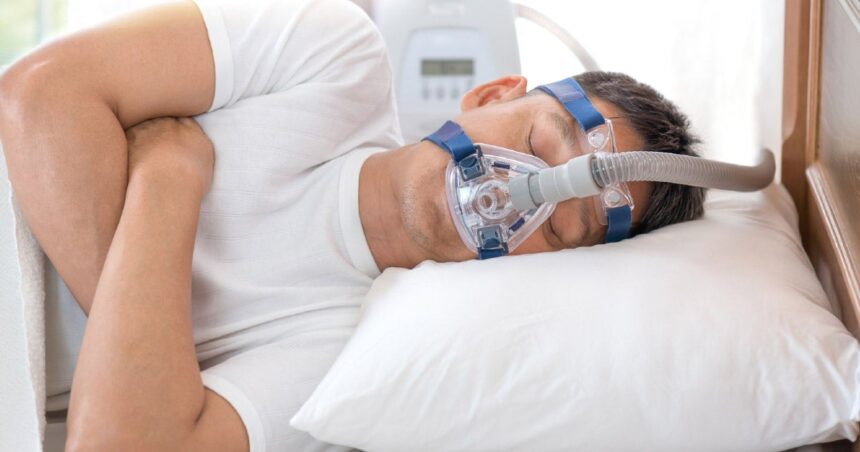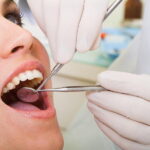Sleep apnea is a condition that impacts both sleep quality and overall health. Understanding the causes, symptoms, and available treatments is beneficial for those experiencing this condition. For dental patients, custom-designed oral appliances provided by dentists can help manage sleep apnea effectively.
What Is Sleep Apnea?
Sleep apnea is a sleep disorder characterized by interruptions in breathing during sleep. These interruptions can last from a few seconds to minutes and often occur multiple times throughout the night.
The two most common types are obstructive sleep apnea (OSA) and central sleep apnea (CSA). OSA occurs when the airway is blocked, while CSA involves disrupted signals from the brain to the muscles that control breathing.
When untreated, sleep apnea affects more than sleep patterns. It can lead to a lack of oxygen during the night, which impacts the body’s ability to function properly. Addressing this condition with the help of a dentist can improve sleep and overall health.
What Causes Sleep Apnea?
There are several underlying causes of sleep apnea. Physical issues, such as enlarged tonsils, a misaligned jaw, or excess weight, may place strain on the airway. Risk factors such as age, genetics, and gender also play a role, with older adults being more commonly affected.
Lifestyle habits, including smoking and alcohol consumption, can exacerbate the problem by further relaxing the muscles in the throat and airway.
Each case of sleep apnea is distinct. Understanding the specific cause of every patient’s condition is a valuable step toward effective treatment. Identifying these factors provides insight into how best to manage the disorder.
What Are the Symptoms?
Sleep apnea may go unnoticed, as symptoms typically occur during sleep and are reported by a partner or family member. Recognizing the signs is key for seeking help and improving quality of life. Common symptoms include:
- Loud snoring
- Choking or gasping for air during sleep
- Paused breathing during sleep
- Excessive daytime fatigue despite adequate sleep
- Waking with a dry mouth or sore throat
- Difficulty concentrating
Ignoring these signs can lead to chronic fatigue and other complications. Early detection and intervention help prevent further health issues.
How Can a Dentist Help?
One effective solution for treating sleep apnea involves the use of custom-made oral appliances. These appliances are designed to keep the airway open by repositioning the jaw or supporting the tongue in place. They are tailored to fit each patient for maximum comfort and functionality.
Dentists can evaluate the mouth, jaw, and throat to determine whether an oral appliance is suitable for a patient.
Why Is Treatment Beneficial?
Treating sleep apnea provides numerous health benefits. Improved sleep quality reduces daytime fatigue and enhances concentration and energy levels. Consistent oxygen flow during sleep supports cardiovascular health, reducing the risks of conditions such as high blood pressure and heart disease.
Managing sleep apnea can help prevent complications related to metabolic health, such as diabetes. Treatment also fosters long-term improvement in overall well-being.
Book a Consultation Today
Sleep apnea is a condition that requires timely attention for better health and quality of life. If you experience symptoms of sleep apnea, scheduling a consultation with a dentist is a valuable next step. Dental professionals can provide personalized solutions, including custom-made oral appliances, to address your specific needs. Start your path to improved sleep and well-being today by booking an appointment with a dental specialist.
Related Articles
Addressing Complex PTSD with Interventional Psychiatry
The Role of Gynecology in Preventive Care for Women





